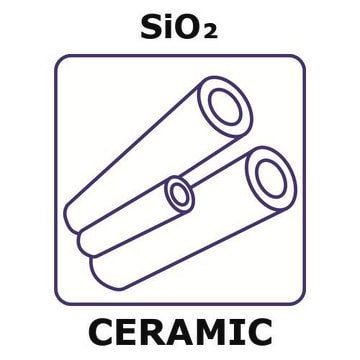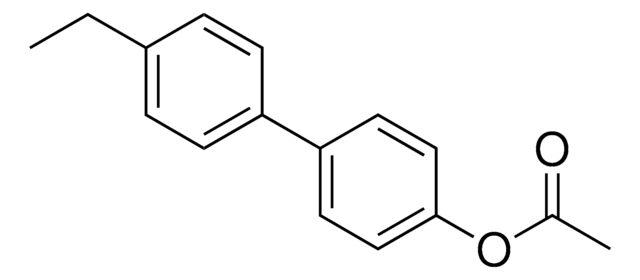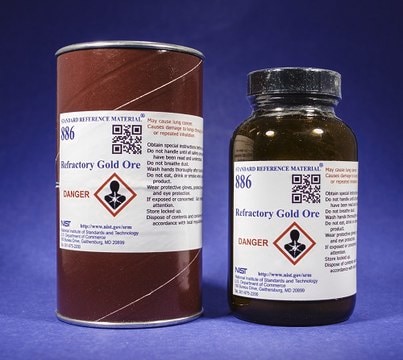GF59400233
Carbon - Vitreous
tube, 100mm, outside diameter 10mm, inside diameter 3mm, wall thickness 3.5mm, glassy carbon
Synonym(s):
Carbon - Vitreous, VC007500
Sign Into View Organizational & Contract Pricing
All Photos(1)
About This Item
Recommended Products
form
tubes
manufacturer/tradename
Goodfellow 594-002-33
L × wall thickness
100 mm × 3.5 mm
O.D. × I.D.
10 mm × 3 mm
InChI
1S/C
InChI key
OKTJSMMVPCPJKN-UHFFFAOYSA-N
Looking for similar products? Visit Product Comparison Guide
General description
For updated SDS information please visit www.goodfellow.com.
Legal Information
Product of Goodfellow
Certificates of Analysis (COA)
Search for Certificates of Analysis (COA) by entering the products Lot/Batch Number. Lot and Batch Numbers can be found on a product’s label following the words ‘Lot’ or ‘Batch’.
Already Own This Product?
Find documentation for the products that you have recently purchased in the Document Library.
Antoine P Pagé et al.
PloS one, 10(7), e0132062-e0132062 (2015-07-15)
The objectives of this study were to uncover Salix purpurea-microbe xenobiotic degradation systems that could be harnessed in rhizoremediation, and to identify microorganisms that are likely involved in these partnerships. To do so, we tested S. purpurea's ability to stimulate
Svenja T Lohner et al.
The ISME journal, 8(8), 1673-1681 (2014-05-23)
Direct, shuttle-free uptake of extracellular, cathode-derived electrons has been postulated as a novel mechanism of electron metabolism in some prokaryotes that may also be involved in syntrophic electron transport between two microorganisms. Experimental proof for direct uptake of cathodic electrons
Catharina Vendl et al.
The Journal of experimental biology, 218(Pt 21), 3425-3434 (2015-11-06)
Fundamental differences in methane (CH4) production between macropods (kangaroos) and ruminants have been suggested and linked to differences in the composition of the forestomach microbiome. Using six western grey kangaroos (Macropus fuliginosus) and four red kangaroos (Macropus rufus), we measured
Matthias Egger et al.
Environmental science & technology, 49(1), 277-283 (2014-11-21)
Methane is a powerful greenhouse gas and its biological conversion in marine sediments, largely controlled by anaerobic oxidation of methane (AOM), is a crucial part of the global carbon cycle. However, little is known about the role of iron oxides
A Romero-Perez et al.
Journal of animal science, 93(4), 1780-1791 (2015-05-29)
The objective was to evaluate whether long-term addition of 3-nitrooxypropanol (NOP) to a beef cattle diet results in a sustained reduction in enteric CH4 emissions in beef cattle. Eight ruminally cannulated heifers (637 ± 16.2 kg BW) were used in
Our team of scientists has experience in all areas of research including Life Science, Material Science, Chemical Synthesis, Chromatography, Analytical and many others.
Contact Technical Service







